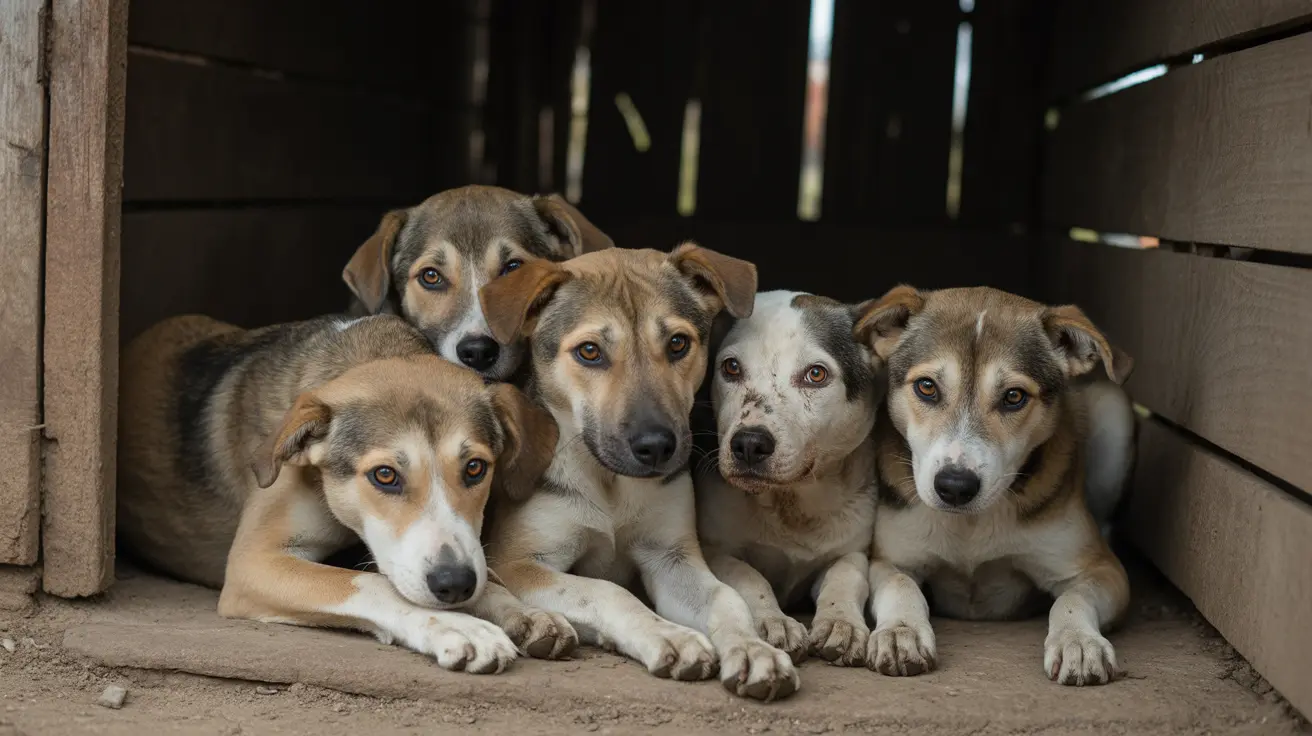Discovering your cat has ingested a vitamin D pill can be terrifying, and with good reason. Cats are extremely sensitive to vitamin D, and even a single pill can cause life-threatening toxicity. Quick action is essential to protect your feline friend from serious complications.
This comprehensive guide will walk you through the critical steps to take if your cat consumes vitamin D, explain the dangers of vitamin D toxicity in cats, and outline what to expect during treatment. Understanding these crucial details could save your cat's life.
Immediate Actions to Take
If you've discovered or suspect your cat has eaten a vitamin D pill, time is of the essence. Take these immediate steps:
- Contact your veterinarian or emergency animal hospital immediately
- Collect any remaining pills or packaging
- Note the time of suspected ingestion
- Do NOT attempt to induce vomiting at home
- Monitor your cat for any unusual behavior or symptoms
Understanding the Dangers of Vitamin D Toxicity
Vitamin D toxicity in cats is particularly dangerous because cats process vitamin D differently than humans. What's considered a safe dose for people can be lethal for cats. The toxic effects can begin within hours of ingestion and may continue to worsen over several days.
Common Sources of Vitamin D Poisoning
Besides vitamin supplements, cats can be exposed to dangerous levels of vitamin D through:
- Cholecalciferol-based rodenticides
- Human medications for osteoporosis
- Certain prescription kidney medications
- Some types of houseplants
- Incorrectly formulated pet foods
Recognizing the Signs of Vitamin D Poisoning
Early Warning Signs (12-36 hours)
- Vomiting and diarrhea
- Excessive thirst and urination
- Weakness and lethargy
- Loss of appetite
- Drooling
Advanced Symptoms (36+ hours)
- Depression
- Severe dehydration
- Internal bleeding
- Heart problems
- Kidney failure
- Seizures or tremors
Treatment Protocol and Recovery
Treatment for vitamin D poisoning typically involves:
- Immediate medical intervention to prevent absorption
- Intensive fluid therapy
- Medication to control calcium levels
- Regular blood work monitoring
- Extended hospitalization if necessary
Recovery depends largely on how quickly treatment begins and the amount of vitamin D consumed. Some cats may need ongoing monitoring and care for weeks or months after the initial treatment.
Prevention Strategies
To protect your cat from vitamin D poisoning:
- Store all medications and supplements in secure, cat-proof containers
- Keep rodenticides out of your home or in inaccessible locations
- Never give your cat human vitamins or supplements
- Check pet food recalls regularly
- Keep potentially toxic plants out of your home
Frequently Asked Questions
What should I do immediately if my cat ate a vitamin D pill?
Contact your veterinarian or emergency animal hospital immediately. Don't wait for symptoms to appear, as early intervention is crucial for survival. Bring any remaining pills or packaging to help determine the exact dose ingested.
What are the early symptoms of vitamin D poisoning in cats to watch for?
Early symptoms include vomiting, diarrhea, increased thirst and urination, weakness, lethargy, and loss of appetite. These typically appear within 12-36 hours of ingestion.
Can one vitamin D pill really be fatal for a cat?
Yes, even a single vitamin D pill can be lethal for cats. Cats are extremely sensitive to vitamin D, and doses considered safe for humans can cause severe toxicity or death in cats.
How do veterinarians diagnose and treat vitamin D toxicity in cats?
Veterinarians diagnose through blood tests measuring calcium and phosphorus levels, kidney function, and sometimes vitamin D metabolites. Treatment typically includes inducing vomiting (if recent ingestion), IV fluids, medications to control calcium levels, and intensive monitoring.
How can I prevent my cat from accidentally ingesting vitamin D supplements or rodenticides?
Store all medications, supplements, and rodenticides in secure, closed containers out of your cat's reach. Use child-proof containers when possible, and keep these items in closed cabinets or drawers your cat cannot access.
Remember, when it comes to vitamin D poisoning in cats, prevention is always better than treatment. If you suspect your cat has consumed any amount of vitamin D, don't wait for symptoms to appear—seek immediate veterinary care.






